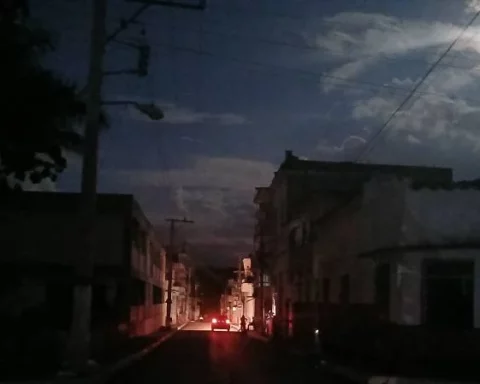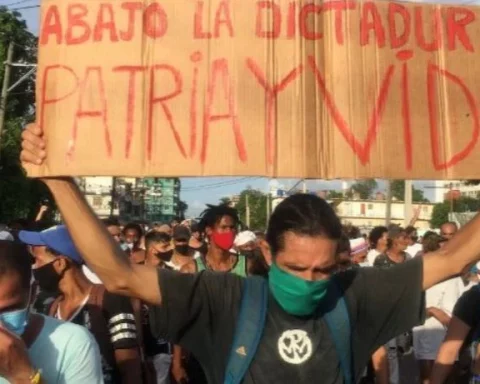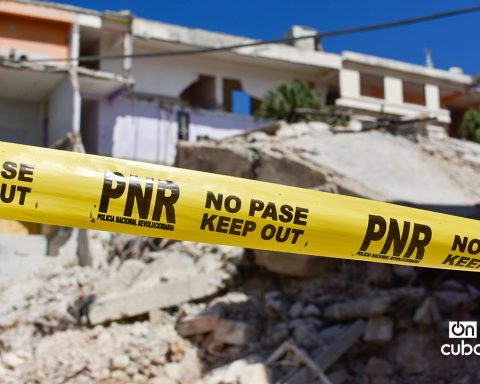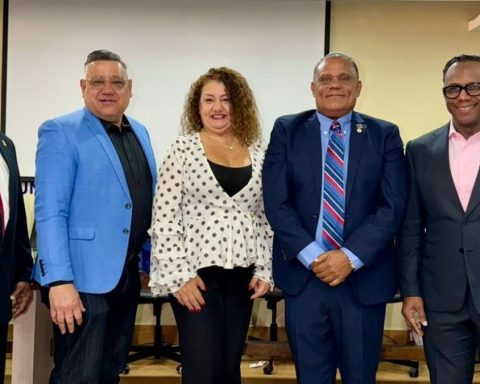The Republican Party, led by the far-right José Antonio Kast, triumphed this Sunday in the elections for the Constituent Council of Chilithe entity in charge of drafting the country’s new Magna Carta.
This party, created in 2019 and defender of the neoliberal model installed in the Pinochet dictatorship, obtained 35.2% of the votes and 22 of the 51 councilors, which gives it veto power in the body, aim the agency EFE.
Despite being initially opposed to the constitutional change, the Kast formation prevailed in most of the 16 regions of the country, even in progressive strongholds such as Valparaíso.
“May sectarianism never take over our homeland again,” Kast said after learning of his victory, who lost in the second round of the last presidential elections against today’s president Gabriel Boric.
Analyst Claudia Heiss, from the University of Chile, described the result as a “republican tsunami” and assured EFE that the far-right leader “comes out very strengthened” in the face of the 2025 presidential elections.
The traditional left and right
For its part, the left-wing coalition Unity for Chile, headed by Boric, obtained 28.5% of the votes and 17 seats in the Council, less than the 21 that would have given it the right to veto during the drafting of the Charter. Magna.
In addition, his possible allies from the center-left did not get representatives due to their low vote.
“The previous process failed because we did not know how to listen to each other among those who thought differently. I invite the Republican Party not to make the same mistake as us,” Boric said after election day.
For its part, the traditional right, integrated into the Chile Vamos coalition, also suffered a defeat at the polls, reaching 21% of the votes and only 11 councilors.
For this reason, the conservatives will now have to choose between “joining with the most intransigent extreme right or putting up a barrier and staying in the center,” according to what he told EFAnd Federica Sánchez, from the Alberto Hurtado University.
If they decide to get closer to the Republicans, both forces will exceed three fifths of the constitutional council and will be able to approve the regulations without having to agree with the left, which dominated the previous process and is now weakened, adds the Spanish agency.
Empty, blank votes and next steps
Election day in Chile was also highlighted by the large number of invalid and blank votes, which exceeded 2.2 million, more than 21% of the total, something unprecedented in the country.
According to political analysts, quoted by BBC Worldthis vote has to do with the lack of interest of Chileans in constitutional change, at a time when their main concerns are security and the economy.
In the same way, it can be understood as a “punishment vote” towards the political class.
Following these results, the 50 councilors elected this Sunday, plus one representing the indigenous peoples, will take possession of their seats on June 7.
On the same day of installation, the councilors will receive a draft that 24 experts appointed by Parliament have been drafting since March and that complies with 12 basic principles agreed upon a priori by the parties to avoid a refoundational proposal like the previous one, he points out. EFE.
Among these are the declaration of Chile as a “social and democratic State of law”, the indivisibility of the “Chilean nation” or the bicameral system. This is precisely the great novelty of the process and the reason why many consider that it is “supervised” by the parties and that it is “less democratic”.
From their inauguration, the councilors will have five months to prepare the proposal for a new Constitution, which will be submitted to a plebiscite on December 17.
















